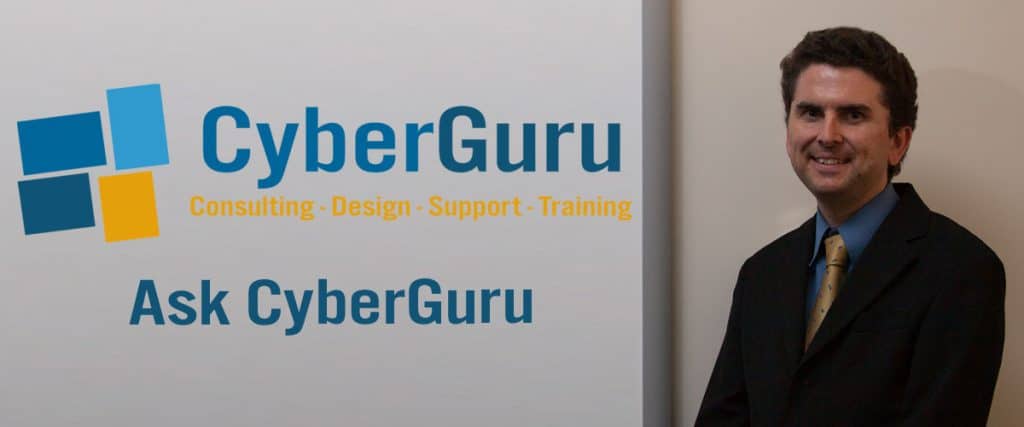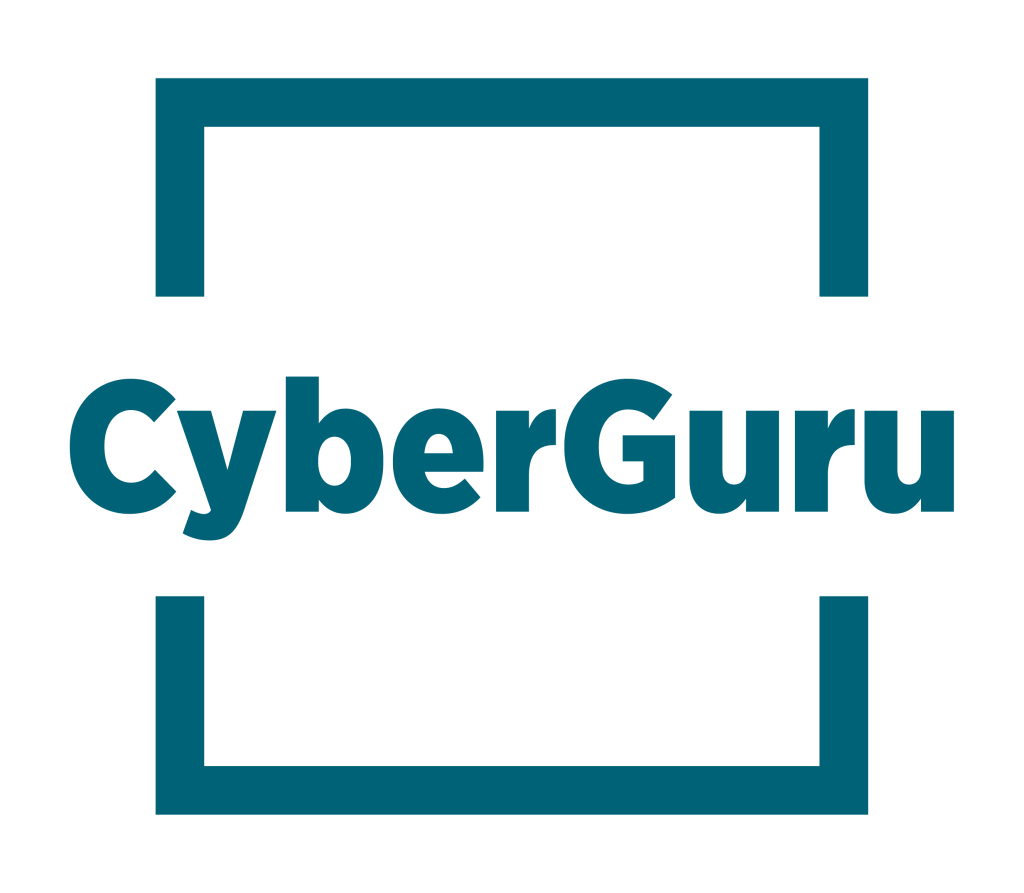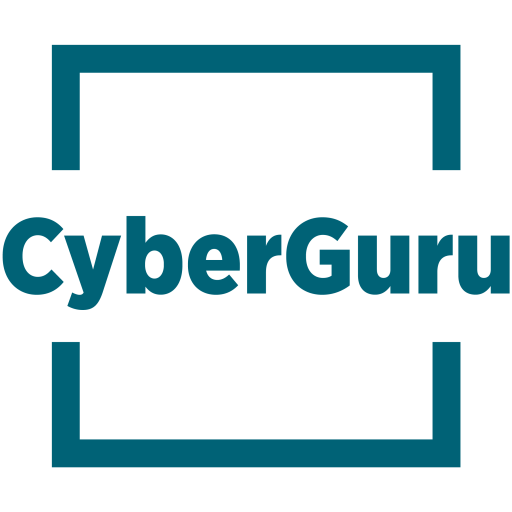
In this Ask CyberGuru, we are asked, “My business has started working from home as part of COVID-19 arrangements. We are looking to ensure that I maintain a secure computer environment when working. Do I need a VPN?”.
There are two different types of virtual private network (VPN) to consider when deciding if you need one. Traditionally, a VPN has been used by workplaces to give employees securely access to resources such as applications or files installed on traditional file-based servers, NAS or desktops. These business VPNs can be cost prohibitive for small and medium enterprises and tend to be used only by larger companies and educational institutions. Therefore, we have been implementing various VPN-like solutions for clients such as TeamViewer, depending on the needs and requirements of the individual or organisation.
Generally, for those organisations using cloud-based applications such as Office 365 and Microsoft Teams, there less of a need of this to occur as you can access these and many other tools online with an internet connection. However, we would away suggest configuring multi-factor authentication to ensure the information on these services remain secure and protected if you haven’t done so already.
The second type of VPN to consider is a personal VPN such as Norton Secure VPN, ProtonVPN and TunnelBear. This VPN routes your internet connection through its own private server instead of your internet service provider’s server. Any data being trafficked through your internet connection is then seen by the internet to originate from your provider’s server instead of your own network.
The key aspect though of a VPN is providing for a secure internet connection and for this we believe the strongest form of security still remains the user being vigilant at all times. VPNs do provide an additional layer of security but this can lead to complacency and a VPN is no match for good internet hygiene.
In terms of network security it is also important to ensure that you have installed required updates to your operating system and applications to the latest version to resolve any known “bugs” with possible vulnerabilities and potentially provide additional features and enhancements. We also suggest ensuring too internet security software to protect your devices from security threats and malicious actors.
Another aspect to consider is your home wireless networks, we are also seeing that some are not configured securely with appropriate passwords and protocols. Depending on your modem, you may be able to update this or change your password.
If we can help with this, please feel free to contact us.


